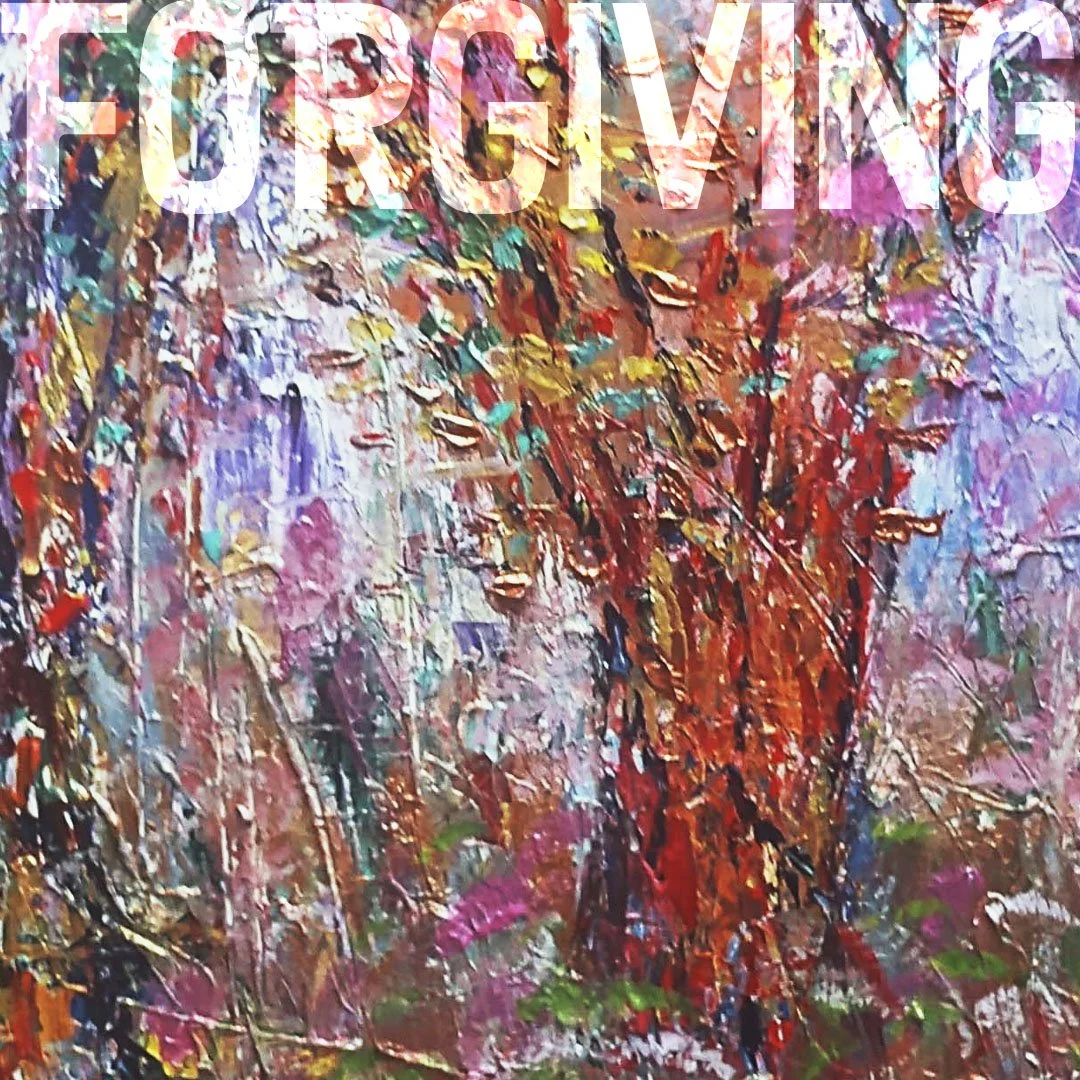Thoughts and Reflections on Elul 2023
Elul is a month of spiritual preparation for the coming Jewish New Year and the Days of Awe (the ten-day period from Rosh Hashanah through Yom Kippur) when Jews stand before G-d to recount their sins of the past year.
It is considered a time of divine grace and forgiveness.
As we prepare ourselves spiritually in this month of Elul, it has been in my heart to talk about having "right" relationships with G-d and others.
I believe G-d created us to have relationships. The most important relationship is the one we have with HaShem and it is through that personal and holy connection that we can have good relationships with the people in our lives.
Concerning forgiveness, Judaism distinguishes transgressions between “man and his fellow” and those between “man and G-d”. A necessary condition for G-d’s forgiveness is that the wrongdoer should first seek and receive forgiveness from the person whom he or she has injured.
In the Bible, when Joseph forgave his brothers for leaving him in a pit to die, he demonstrated how important it is for each of us to forgive those who have offended us. Forgiveness is a practice all year long, not just for the season of Yom Kippur. It is not just on that one sacred day that each of us stands in need of the Almighty’s forgiveness. We need His forgiveness at every moment of our lives.
The prophet Micah asked: “Who is a G-d like You, tolerating iniquity and forgiving transgression…"(Micah 7:18) To which, the Talmud replies: "Whose iniquities does G-d tolerate? A person who forgives the transgressions of another.” (Rosh Hashanah 17a) This entails great responsibility on our part."
So what prevents us from living in peace with our fellow man? I believe it’s having a wrong mindset and heart attitude.
Having a judgmental and critical mindset can not only bring torment to ourselves, but it can damage relationships.
Sometimes we can see what is wrong with others rather than what is right. It can become a mindset or a lens through which we continue to see people.
So what are ways we can move toward blessing and forgiving others? Going to Hashem in prayer and asking Him to remove anger, resentment, bitterness, and unforgiveness.
Ask for His strength to see others as being created in His image. Our tradition reflects the view that all humans are made in the image of G-d.
We are prone to making quick judgments about the actions and motives of others.
In his book, “The Seven Habits of Highly Effective People”, Stephen Covey illustrates the concept of paradigm shifts when it comes to judging others. In the following illustration, he was on a New York subway.
“People were sitting quietly—some reading newspapers, some lost in thought, some resting with their eyes closed. It was a calm and peaceful scene.
Then suddenly, a man and his children entered the subway car. The children were so loud and rambunctious that instantly the whole climate changed.
The man sat down next to me and closed his eyes, oblivious to the situation. The children were yelling back and forth, throwing things, even grabbing people’s papers. It was very disturbing. And yet, the man sitting next to me did nothing.
It was difficult not to feel irritated. I could not believe that he could be so insensitive as to let his children run wild like that and do nothing about it, taking no responsibility at all.
It was easy to see that everyone else on the subway felt irritated too. So finally, with what I felt was unusual patience and restraint, I turned to him and said, ‘Sir, your children are really disturbing a lot of people. I wonder if you couldn’t control them a little more?’ The man lifted his gaze as if to come to a consciousness of the situation for the first time and said softly, ‘Oh, you’re right. I guess I should do something about it. We just came from the hospital where their mother died about an hour ago. I don’t know what to think, and I guess they don’t know how to handle it either.’
Covey said in his book, “Can you imagine what I felt at that moment?”
We all have faults. We all need grace from one another.
The Baal Shem Tov (the Father of Hasidic Judaism) said that just as we forgive ourselves and find excuses for our bad behavior, we should seek to make excuses for others. This is loving your neighbor as yourself.
He also said that when confronted with another’s sin, instead of thinking harsh thoughts about them, we should use a mirror to reflect that we also have sin and seek to improve ourselves rather than thinking dark thoughts of others.
Forgiveness is a major teaching of our Jewish faith. We are encouraged to forgive others who may have sinned against us, and we must seek forgiveness from those against whom we have sinned.
Elul is our time to consider these issues. Before we can ask for forgiveness, we need to know where we went astray and maybe understand why. Before we can ask to be written in the Book of Life, we need to know what it means to choose a life of blessings so that this coming year brings us meaning and connection.
As we approach the High Holy Days, it is important to focus on Hashem’s great love for his children. It is out of this love that we are equipped to love others.
L’Shana Tova.
This piece was edited and taken from a d'var (teaching) I gave back in 2019. This post includes excerpts from that piece. The full version is here.

